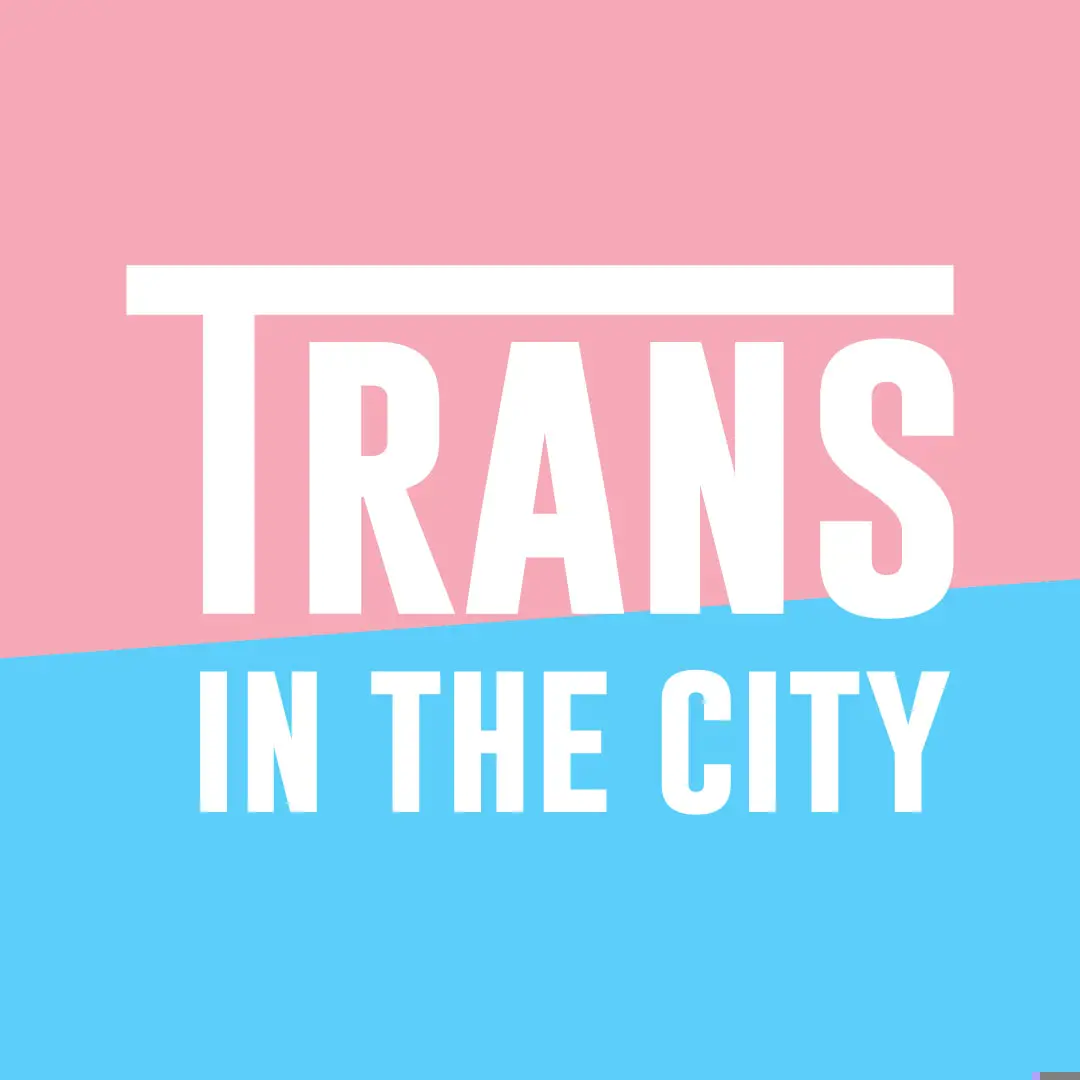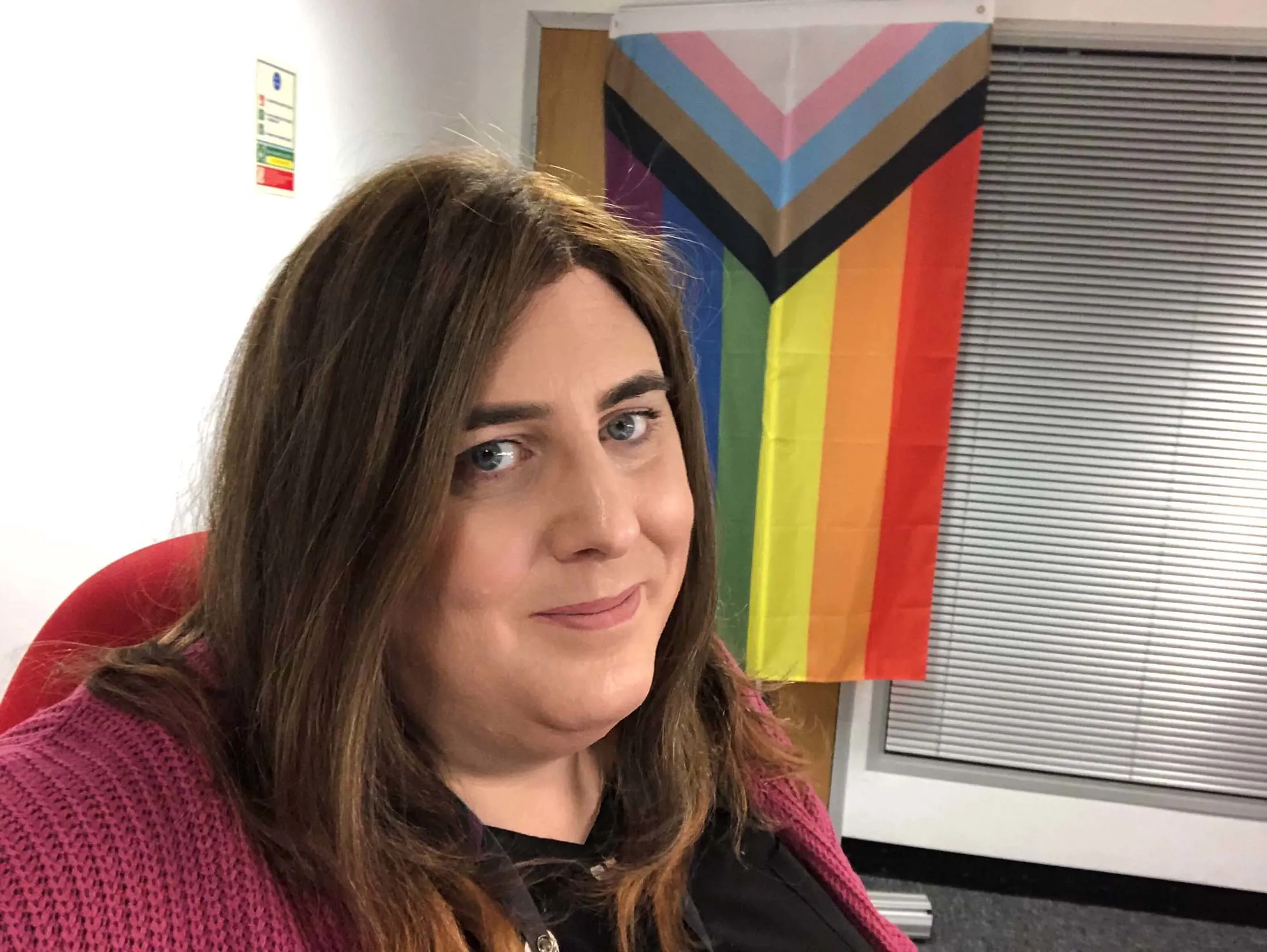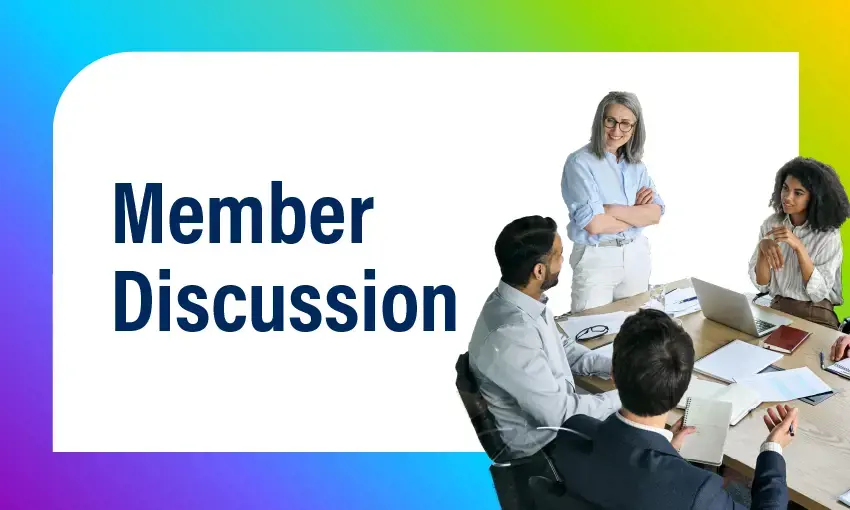Emily Hamilton of RS Components and Trans in the City talks to us about her experience as a business leader who transitioned at work and the importance of inclusion, visibility, and humanity in the workplace.


Emily Hamilton
For most of us, bringing our true selves to the office is something we take for granted. The stress of living inside ourselves as a different person to the one we bring to work isn’t something we contend with on a daily basis. But that was the reality for Emily Hamilton for most of her working life. Until 2019, when she came out.
“I knew something was very different about me when I was six years old,” says Emily. “By the time I was eleven I knew that I was trans.”
Emily is Vice President of Strategic Change at RS Components and has 23 years of industry experience as a project, programme, and portfolio management specialist. She considers herself lucky to have had an employer that was very supportive of her gender transition. And why wouldn’t they be? She is still as good at her job as she was before. “If not more so,” she adds, “because I’m not using up the 60% of my brain that was engaged in hiding, feeling embarrassed, ashamed – all those awful things.
“You have a lot of internalised anxiety. Will someone find out? Will I be disadvantaged because of my status as a trans person? You have those thoughts even when, or perhaps especially when you’re in the closet. Then you trade that out. You release that when you say, here’s who I am. It’s me.”
In the UK, reported transphobic hate crimes and attacks rose sharply in 2021 from pre-pandemic figures – numbers that campaigners say are in reality much higher due to underreporting. Fears of street harassment, abuse, violence, and the possibility of that hatred spilling into the workplace are anxieties.
“It’s much easier to fight an enemy you can see,” says Emily. “The closeted one is all in your mind. And once you get rid of that, you can start to talk to people using logic and the obvious presence of me. Am I the monster they say I am? Am I the pervert they say I am? No, I’m a relatively boring 45-year-old woman, doing a tough job and doing it pretty well.”
Visibility can make a big difference
Trans rights in the workplace are protected by law. And although Emily wasn’t the first trans person to work for RS Components, she was the first to fully road test and tweak its transition at work policy. But there’s more that an employer can do to protect and support employees who are transitioning at work than the basics of written policy and adherence to law and it boils down to one simple thing: “They remembered their humanity. They saw me as a human being. They thought: this is a whole person. This is me, at a crisis point saying: I nearly died two weeks ago, and I don’t want to be in that place.”
When Emily was growing up in the 1980s, she suffered from a lack of visible trans role models. People in the public eye who were trans were a result of sensationalism in the press, tabloid tattle or comedians in drag. “I have nothing in common with that. It’s not a sexualised thing. It’s not for comic laughs or performance. So, I had no one. I thought I must be the only person who felt this way.”
That isolation led Emily to two suicide attempts before enough was enough and she made the decision to come out. And it’s those memories of her younger self that spur her on to be vocal about her situation. To be visible as an out and proud trans business leader. She knows there are people out there who still feel that way. Who are closeted and thinking, how the hell do I deal with this?
“I don’t want anyone to be in that position. I don’t want any young people out there looking at their career opportunities and wanting to be successful and wondering what their life looks like as a trans person. Because, hey, your life looks like you could be Vice President of Strategic Change at an FTSE 100, or you could even be a Le Mans race driver – like Charlie Martin.”
Trans in the City
In addition to her day job, Emily is a Director at Trans in the City – an open collaboration between global organisations, companies and individuals who aim to increase inclusion for trans and non-binary colleagues by raising awareness.
Trans in the City was founded by Bobbi Pickard, a D&I Director at BP, who along with colleagues at PWC identified an opportunity for what was initially an informal network of like-minded businesses that were standing up to say that trans rights are human rights. Bobbi used the platform to help other organisations which didn’t have vocal trans employees prepare for the day when someone wants to come out, with policy creation, support, and driving awareness.
“It's important for businesses to understand what this means,” says Emily. “That this is the life we lead. These are the challenges that we face. Being trans isn’t a problem. I don't have any issue with being trans. It's other people’s reactions to me being trans, it's government responses to me being trans. It's a lack of healthcare for being trans. These are all political issues, they're not for the business to solve, but they’re for the business to understand. Why might I be tired? Why might I be angry about something?”
Since its foundation in 2017, Trans in the City’s membership has swelled to more than 250 businesses, all of which benefit from a safe space to discuss how they can improve practices and policies via a judgement-free environment to help start their journey in trans awareness.
“Bobbi is superhuman,” says Emily. “But there's only so much a superhuman can do. So, she brought on board some directors, including me, and some advisors. Now we can broaden what it is we're doing and really bring those businesses together so they can start to share best practices. They can start to mobilise and stand up and be counted and say, ‘we are trans inclusive’.”
Trans in the City is open to all businesses to join and add their name to their ever-growing list of allies. It costs nothing and those that join enjoy the benefit of being part of a movement to improve inclusivity in business.
“Everyone is free to have an opinion on everything,” adds Emily. “I don't expect everyone will applaud, love and appreciate trans people and that's OK. But what's not OK is when you start to verbalise and act on that in the workplace. We don't expect everyone to believe in who I am. There are people who will say, ‘you are a man,’ and they're wrong. But when they start to bring that into the workplace, all they are doing is destabilising it. And where I work, me being trans just isn't an issue. For the vast majority of trans people, being trans at work isn’t an issue. But there are those out there who want to make it an issue. So, our job is to tap into those boardrooms, and into government, to say: don't create a problem where there isn't one.”
If you’re interested in getting your business involved with Trans in the City, you can contact them via email at [email protected] or visit transinthecity.co.uk to find out more.









